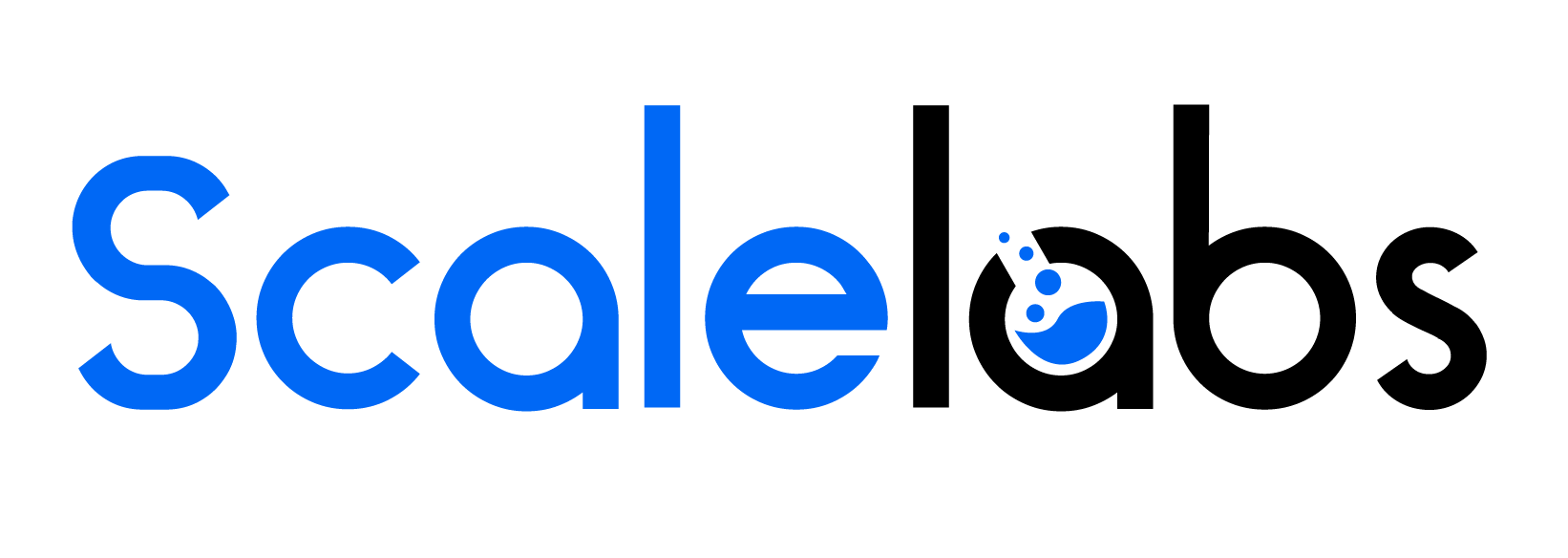Get Started with AI Marketing: A Beginner's Guide

Introduction to AI in Marketing
In the rapidly evolving digital age, Artificial Intelligence (AI) has emerged as a game-changer, particularly in the realm of marketing. No longer a mere buzzword or a futuristic notion, AI is now a pivotal element in the toolkit of savvy marketers. Its ability to analyze vast datasets, predict trends, and personalize customer interactions has revolutionized marketing strategies, making them more effective and insightful than ever before.
Understanding AI and Its Role in Marketing
At its core, AI involves machines performing tasks that typically require human intelligence. This encompasses learning, decision-making, and problem-solving. In marketing, AI transcends traditional data analysis methods, enabling businesses to gain deeper insights into consumer behavior and preferences. According to a report by Salesforce, “State of Marketing,” 84% of marketers now use AI, which is a significant jump from just 29% in 2018. This sharp increase underscores AI’s vital role in driving more nuanced and sophisticated marketing strategies.
Benefits of AI in Marketing
The advantages of integrating AI into marketing are manifold. A key benefit is the provision of personalized customer experiences. AI algorithms can analyze customer data to predict preferences and behaviors, allowing marketers to tailor their offerings and communications effectively. This personalization leads to higher engagement rates and customer satisfaction. For instance, a study by Epsilon found that 80% of consumers are more likely to make a purchase when brands offer personalized experiences. Additionally, AI-driven automation frees up marketers from repetitive tasks, enabling them to focus on more strategic initiatives.
Tools and Technologies in AI Marketing
Several tools and technologies epitomize AI’s role in marketing. Chatbots, powered by AI, can handle customer inquiries in real-time, enhancing the customer service experience. Predictive analytics can forecast future trends and customer behaviors, guiding strategic decision-making. Personalized content creation tools allow for dynamic content tailored to individual user preferences, significantly boosting engagement. For instance, Netflix’s recommendation engine, driven by AI, accounts for over 80% of the content streamed on the platform, as reported by McKinsey & Company.
Implementing AI in Your Marketing Strategy
To incorporate AI into your marketing strategy, begin by identifying areas that would benefit most from AI integration, such as customer service or data analysis. Then, select appropriate AI tools that align with your specific needs. The key is to integrate these tools seamlessly with your existing systems and processes. Regular training and updates are essential to keep pace with the evolving AI landscape.
Challenges and Considerations
While AI offers significant advantages, it's crucial to navigate challenges like data privacy and ethical considerations. Marketers must ensure compliance with data protection regulations and maintain transparency in AI-driven processes.
Conclusion
As an AI marketing expert and thought leader, we advocate for embracing AI in marketing strategies. Its ability to provide deep insights, enhance customer experiences, and streamline operations makes it an indispensable tool in the marketer’s arsenal. AI is not just the future of marketing; it is its present, and harnessing its power is essential for any business looking to thrive in today’s digital world.
References:
- Salesforce, “State of Marketing” Report.
- Epsilon, “The Power of Personalization” Study.
- McKinsey & Company, “Netflix Case Study.”

-05.png)

